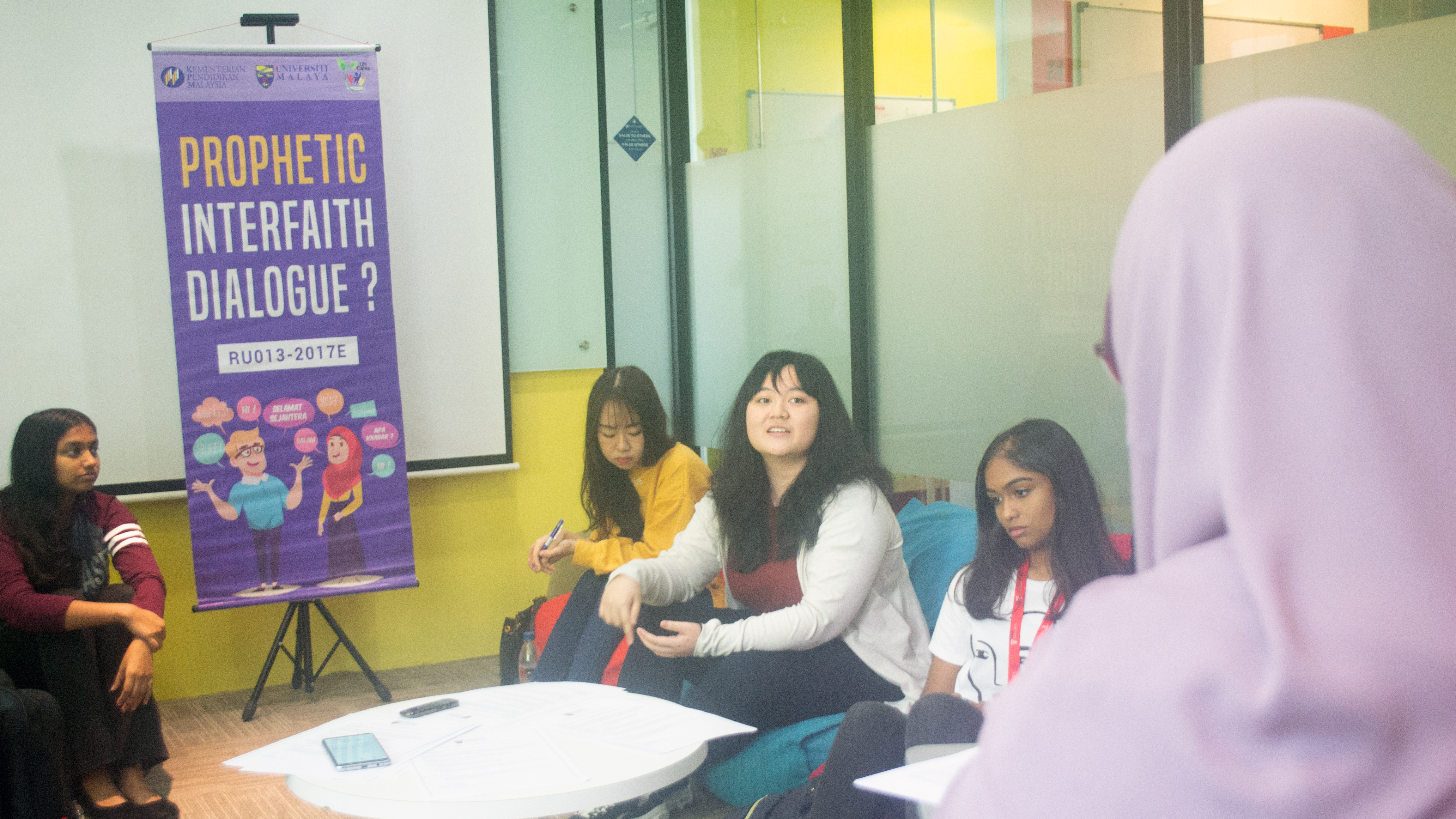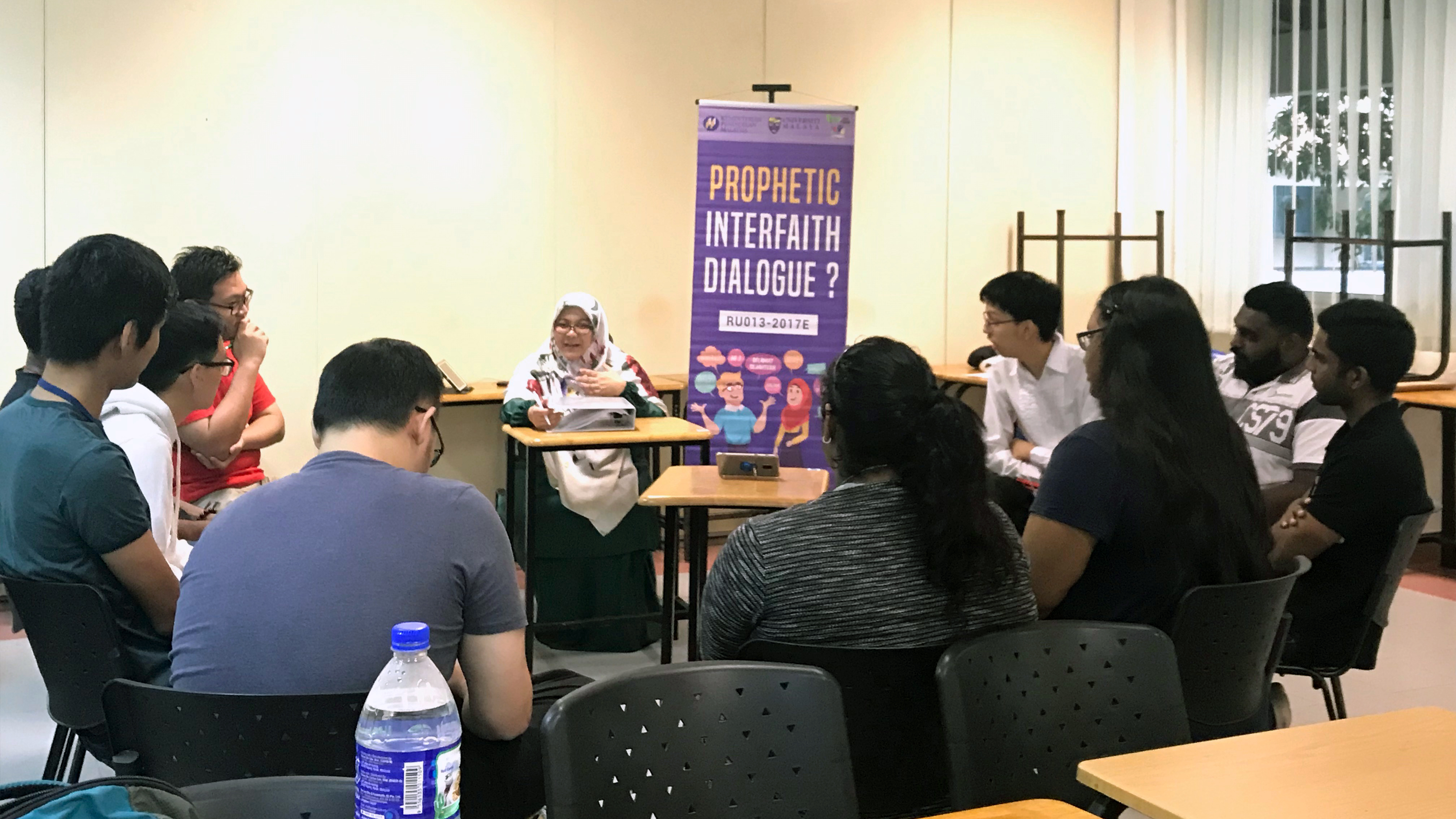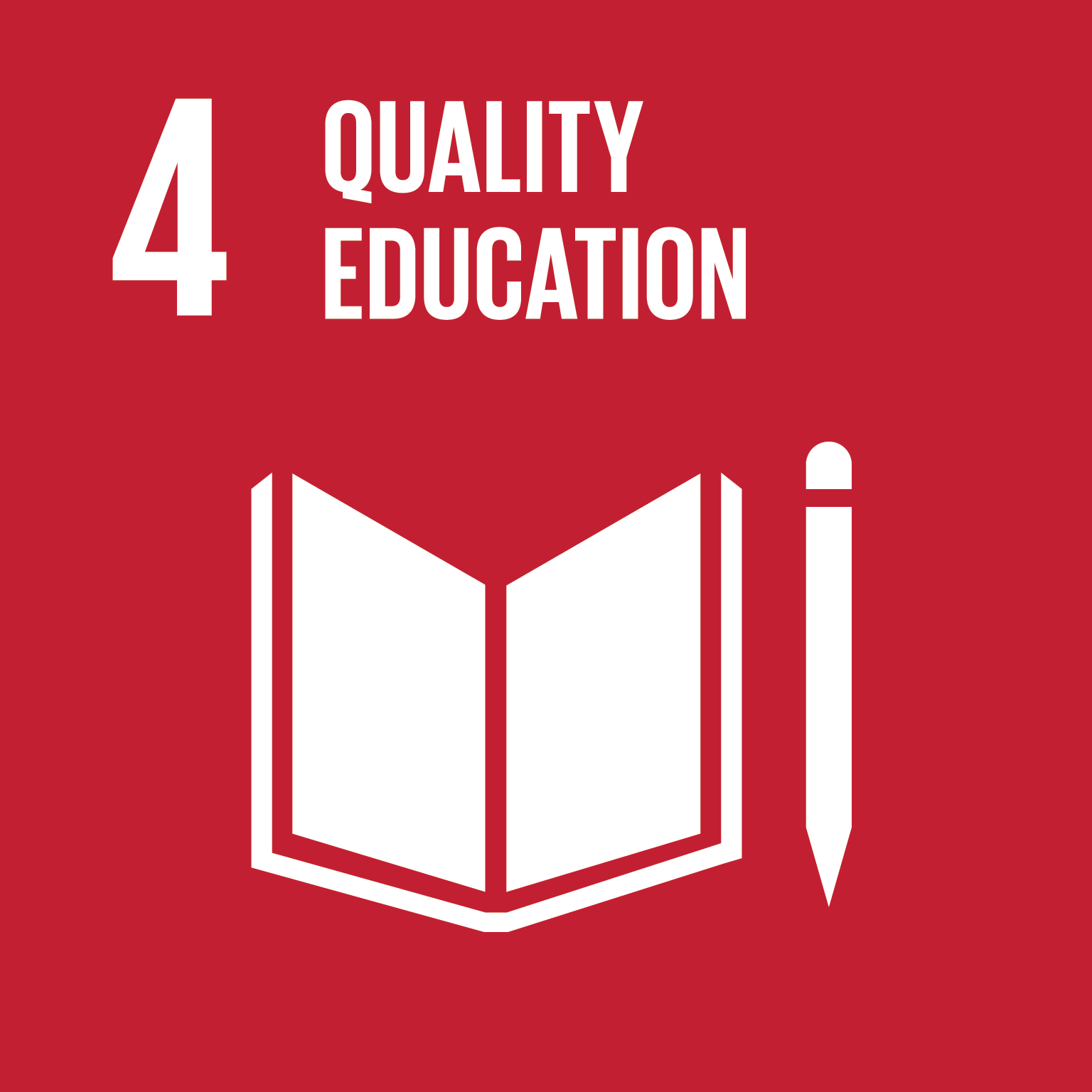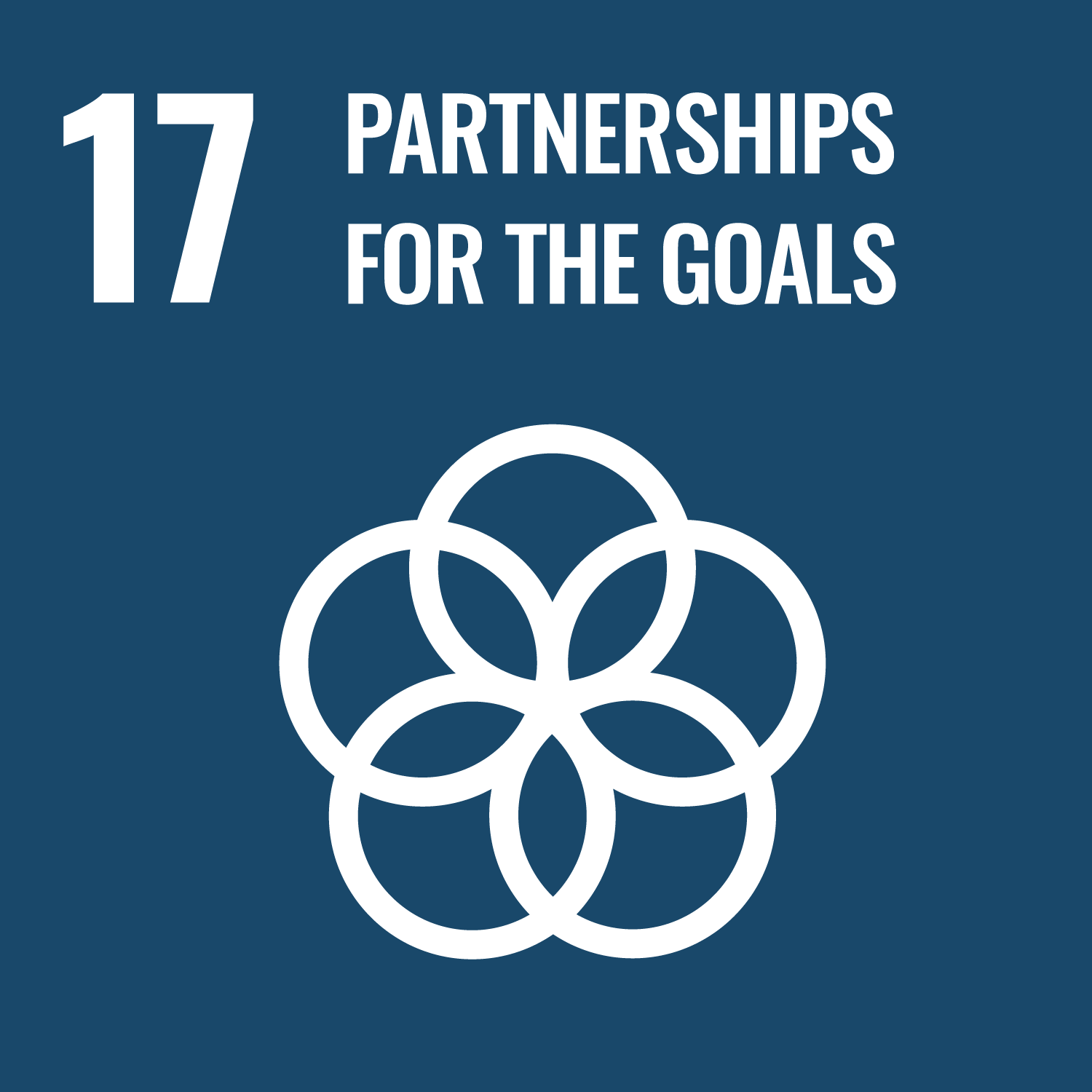Universiti Malaya Community Engagement Centre
Malaysia is a unique tapestry of cultures, religions, and ethnicities coexisting harmoniously. This study embarks on a captivating journey to delve into the experiences of Malaysian non-Muslim youth and their Muslim counterparts. We aim to understand how these experiences shape their perception of Prophetic Interfaith Dialogue, as inspired by the teachings of Prophet Muhammad (peace be upon him). Located in the vibrant cities of Kuala Lumpur, Selangor, and Negeri Sembilan, our research is both expansive and profound. Our investigation includes a rich tapestry of perspectives gathered through focus group interviews conducted at four prestigious higher institutions. Additionally, we conducted a survey involving approximately 1000 youth, creating a mosaic of insights. The findings we uncovered are as diverse as the nation itself.
Many participants shared heartwarming stories of their primary and secondary school days, emphasizing that their friendship transcended religious or ethnic differences. In these cases, differences didn't matter; their bonds of friendship did. Their stories evoke the essence of unity and harmony that Malaysia is celebrated for. However, some participants expressed disquiet about a concerning shift they've observed in Malaysian society, particularly on social media. They lamented the emergence of racism and prejudice, pointing to social media platforms as a catalyst. Some even suggested that political factors played a role in exacerbating this scenario, highlighting the need for collective reflection. There were also participants who had minimal interaction with Malays or other ethnicities, yet they reported no significant differences in their current situation or past experiences. Their stories emphasize the potential for unity and harmony in a society as diverse as Malaysia.


Most of the participants' knowledge about the Prophet Muhammad was acquired through formal education. Those who attended government schools and studied Sejarah (History) in form four and form five have a basic awareness of the Prophet Muhammad's role in Islam. This knowledge serves as a foundation for their understanding of Prophetic Interfaith Dialogue. A compelling revelation from our study is the strong belief held by most participants that individuals who propagate racism and provoke non-Muslims do not align with the teachings of the Prophet. This insight underscores the importance of aligning one's actions with the example set by Prophet Muhammad (peace be upon him) to promote unity, peace, and interfaith dialogue.
In conclusion, our journey through the experiences of Malaysian non-Muslim youth and their Muslim peers reveals the remarkable diversity and unity that define this nation. We find that the seeds of friendship planted in early school days can grow into a powerful force for unity and understanding. Simultaneously, the disconcerting emergence of racism in social contexts, influenced by political factors, calls for vigilance and concerted efforts to preserve Malaysia's harmonious tapestry. Through formal education, participants gain insight into the teachings of the Prophet Muhammad, serving as a guiding light to reject racism and prejudice. This study provides valuable insights into how the legacy of Prophet Muhammad continues to inspire the people of Malaysia to work together in harmony and mutual respect, fostering the spirit of Prophetic Interfaith Dialogue.
Project information
Project Execution: 23 Months
Location: Selangor, Kuala Lumpur and Negeri Sembilan
Target Community: Collage and University Students
Number of Community benifited: 1070 students
Outcome of the Project
Awareness of participants in focus group interview about the difference and relationship between Muslim and Malay, knowledge about Prophet Muhammad (pbuh)
Impact of the Project
Influence the development of some policies and practices in JAKIM.
Influence the approaches of teaching and learning Islamic Studies discipline.
Change the attitude and behavior of Muslims (especially the youth) to interact with non Muslims respectfully and not to become the provocateur of racism either in real life dealings or social media.


Last Update: 19/10/2023